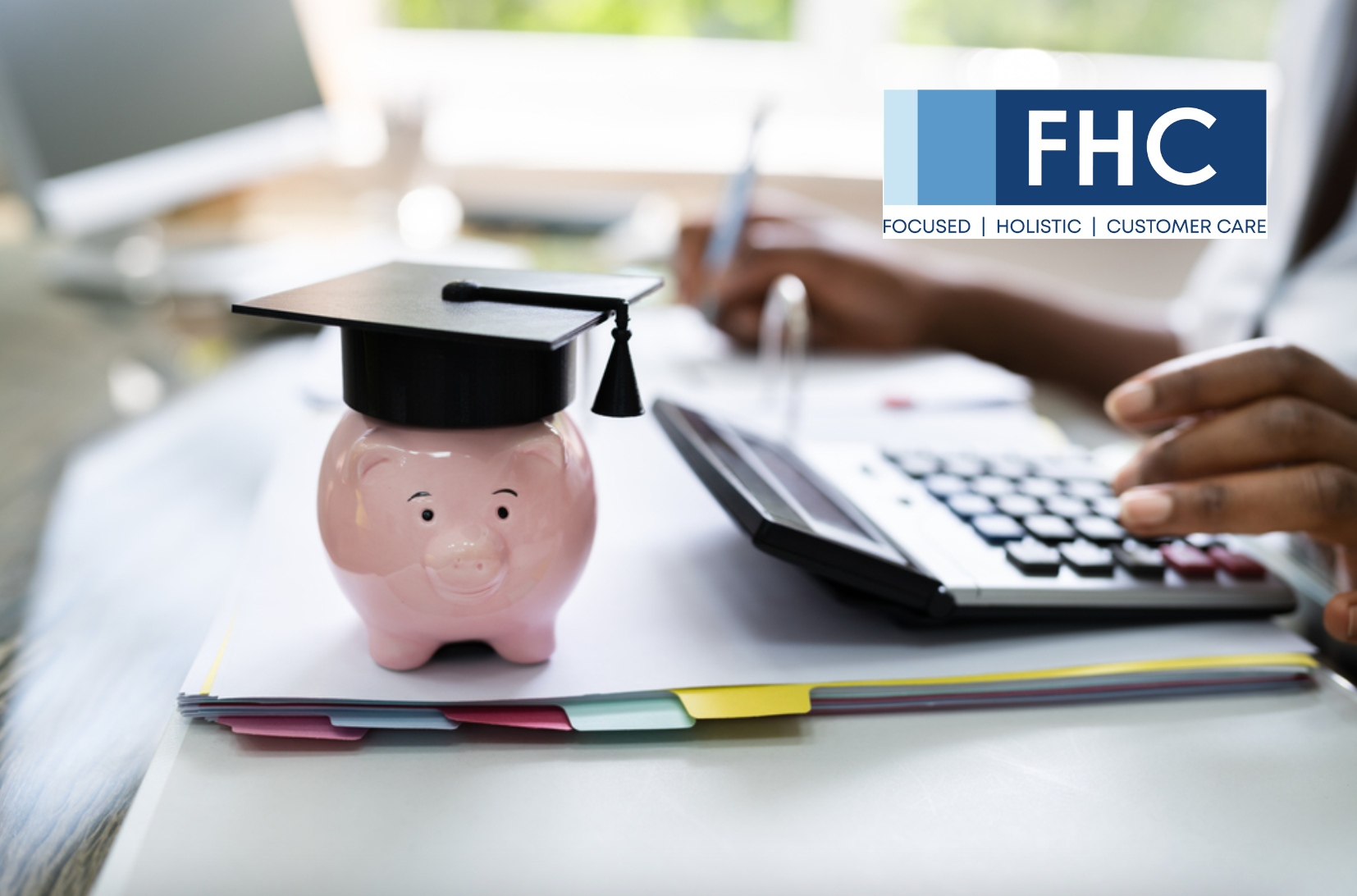
A student loan is a large sum of money granted to a student by the federal government, a state government, or a private company to be used for tuition or other educational expenditures. They must, however, repay the money plus interest after graduation.
Understanding how student loans work is the next big step after deciding to attend college. This is a particularly important subject because of the numerous people that need such loans and have no substantial knowledge about the application process, disbursement, and repayment requirements associated with student loans, to ensure that you make responsible, effective decisions about funding your education.
It can be challenging to figure out which forms of student loans best match your needs because not all student loans are the same. This is why F.H. Cann and Associates Inc. have decided to provide guidance on some of the commonly asked questions about student loans in the following paragraphs below.
How important are student loans?
One thing we at F.H. Cann and Associates Inc. can say about student loans is that Higher education is an investment. With the situation of the economy, most families cannot afford to fund their education on their own.
Thus, Student loans provide a means for them to achieve this and there is a silver lining to it. With student loans, you get a college education, which increases your lifetime earning potential.
Student loans are important because without them, a vast amount of people would be unable to afford their education and this will result in the overall decline in the education system which will also affect the economy in general.
Are student loans good debt or bad debts?
Student loans are comparable to mortgages in that they are commonly considered “positive debt” when it comes to borrowing money. If you need money to go to school, taking out a student loan may be a good decision.
Education is an expensive investment mainly because higher education is the common pathway to securing high paying jobs. It is, however, critical to comprehend the type of loan you will receive.
When it comes to student housing, you have several possibilities. There are various types of student loans out there.
When will I start paying back my loan?
You are not required to pay federal student loans back until after you have graduated, it is also depending on the type of loan you applied for. There is also something known as a grace period for graduating students, which can last anywhere from six to nine months.
After you graduate, drop out, or drop below half-time status, you’ll have a period of adjustment. The grace period is intended to give you time to look for work, choose a repayment plan, and start earning money so that you don’t end up burdened with debts.
For private loans, any variety of deferment is at the discretion of the lender.
How Much Do I Pay Each Month? Can I Pay More?
When borrowing for education, It’s critical to calculate your average student loan payment after graduation. The type of loan, the amount you owe, the length of your repayment plan, and your interest rate all influence your minimum monthly payment.
Borrowers typically have 10 to 25 years to return their loans in full. Yes, you can pay more by making higher automatic payments or biweekly payments which will help you pay off your student debts faster.
Also, Shorter periods of repayment time or larger loans will result in higher monthly payments. The Standard 10-Year Repayment Plan is by far the most popular among borrowers, and it is also the default option.
How can I prepare for student loans payments?
What we can say is that, try exploring student loan repayment options during the grace period (and keep an eye out for potential extensions). Make a budget that includes your student loans. Prioritise paying off student loans. Keep in touch with your loan servicer.
To prevent late fees, set up automatic payments. At all costs, avoid defaulting on your student loans. Know when you are expected to pay off the loan and aim towards that date.
Related Reading:
F.H. Cann & Associates Inc. Shares What You Need to Know About Student Loan Payments Restarting
Big Changes Coming To Student Loan Repayment In 2022



